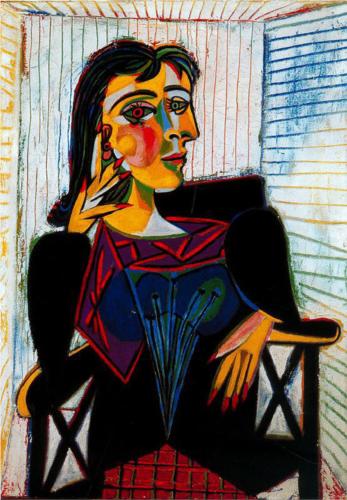Math Girls
Two girls. One is older and more experienced. The other is younger and more naive. Which of these two girls will the unnamed male narrator choose? What a great plot for a math book.

I am talking about Hiroshi Yuki’s book Math Girls. The plot allows the author to discuss math on different levels. Miruka’s math is more advanced and mysterious. Tetra’s math is simpler and more transparent.
The book starts discussing sequences and patterns. Can you guess the pattern behind the sequence: 1, 2, 3, 4, 6, 9, 8, 12, 18, 27, …? Can you explain how the beginning of this sequence might be very deceptive?
For the answer, you can read the book, which also discusses tons of fun topics: prime numbers, sum of divisors, absolute values, rotations and oscillations, De Moivre’s formula, generating functions, arithmetic and geometric means, differential and difference operators, Catalan numbers, infinite series, harmonic numbers, zeta function, Taylor series, partitions, and more.
I usually do not like math fiction, but this is more math than fiction. It’s quite superior to most other math books I’ve read, for it shows the unity of mathematics. It allows the readers to discover connections among different parts of mathematics, and it accomplishes this in a very thrilling way. Frankly, more thrilling than the romantic sections.
The fictional element brings an additional value to the book. The author uses dialogue to discuss points that are usually skipped in regular text books. The two girls give the narrator an opportunity to explore math on different levels: to talk about heavy stuff with Miruka and to provide explanations with Tetra.
I expected to be more interested in the sections dealing with advanced math. But the book is so well-written that the simpler things were a lot of fun, too. For example, I never before noticed that the column notation for n choose k is exactly the same as for a 2d vector with coordinates n and k. And I will never ever shout “zero” because the exclamation makes it “one”.
Share: I have a problem with my binocular vision. The muscles that are responsible for moving my eyes outwards are very weak, much weaker than the muscles that move my eyes inwards. When I am very tired, I can’t focus on people or things that are far away. I start seeing doubled monsters with extra eyes and noses.
I have a problem with my binocular vision. The muscles that are responsible for moving my eyes outwards are very weak, much weaker than the muscles that move my eyes inwards. When I am very tired, I can’t focus on people or things that are far away. I start seeing doubled monsters with extra eyes and noses.